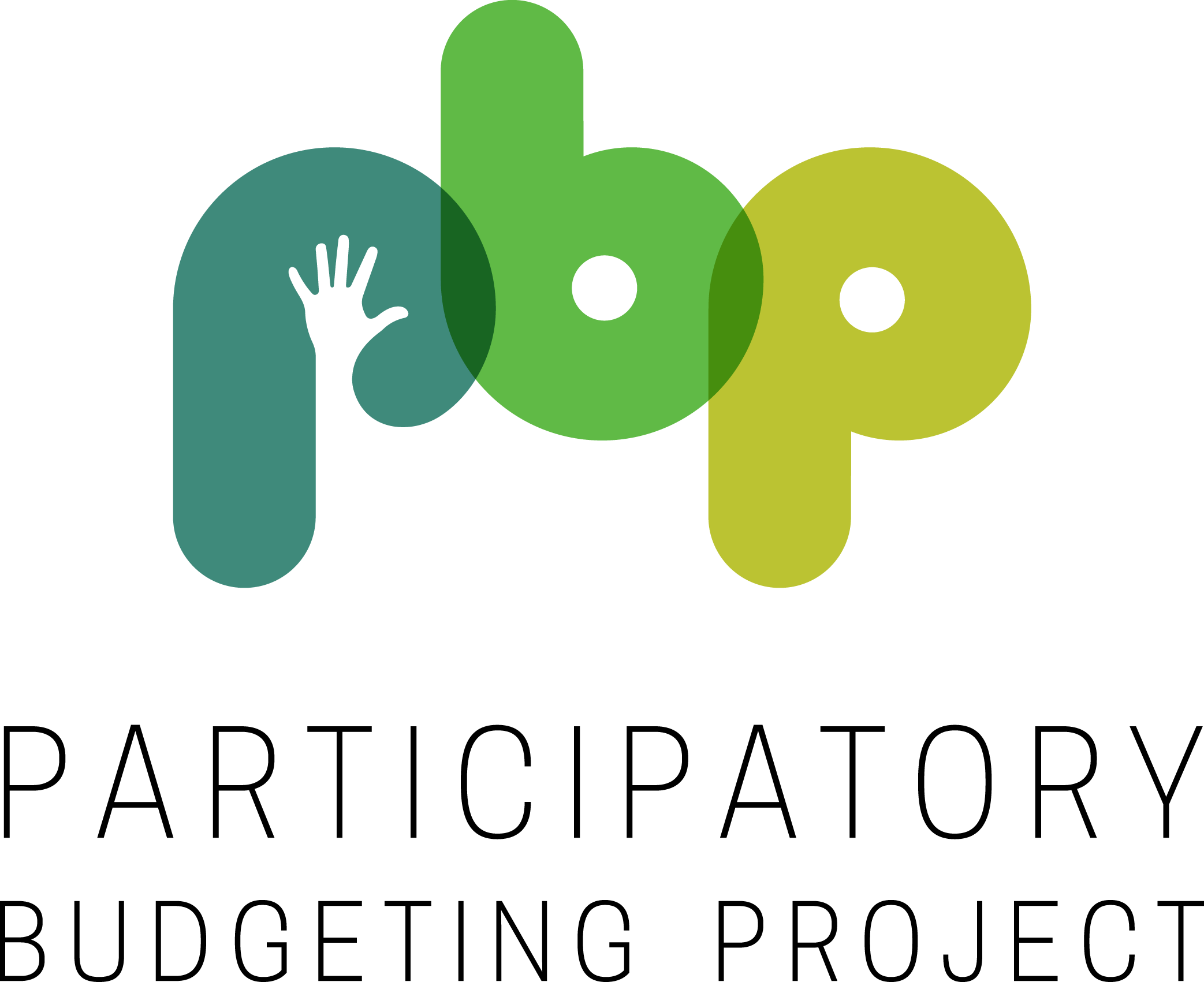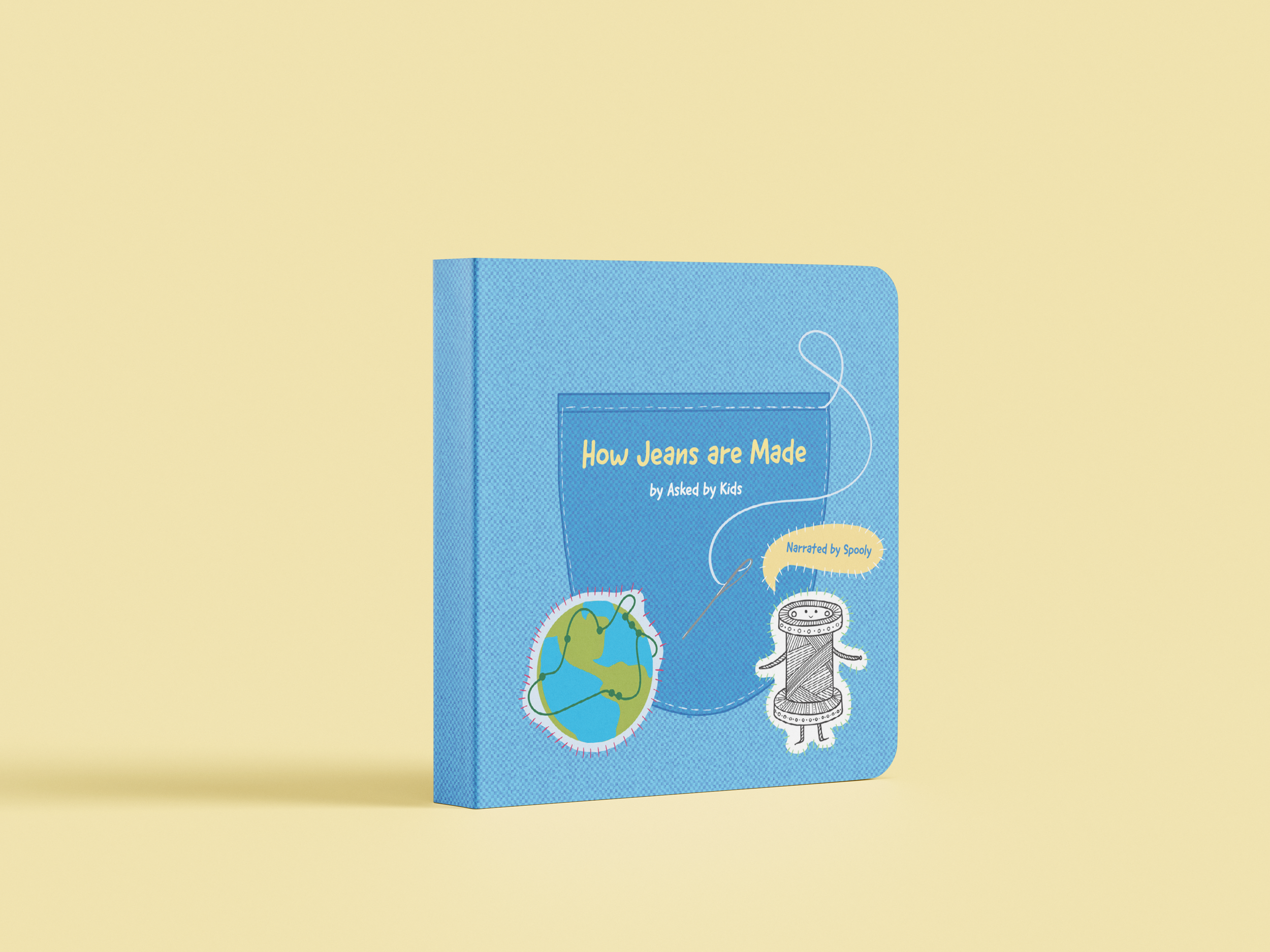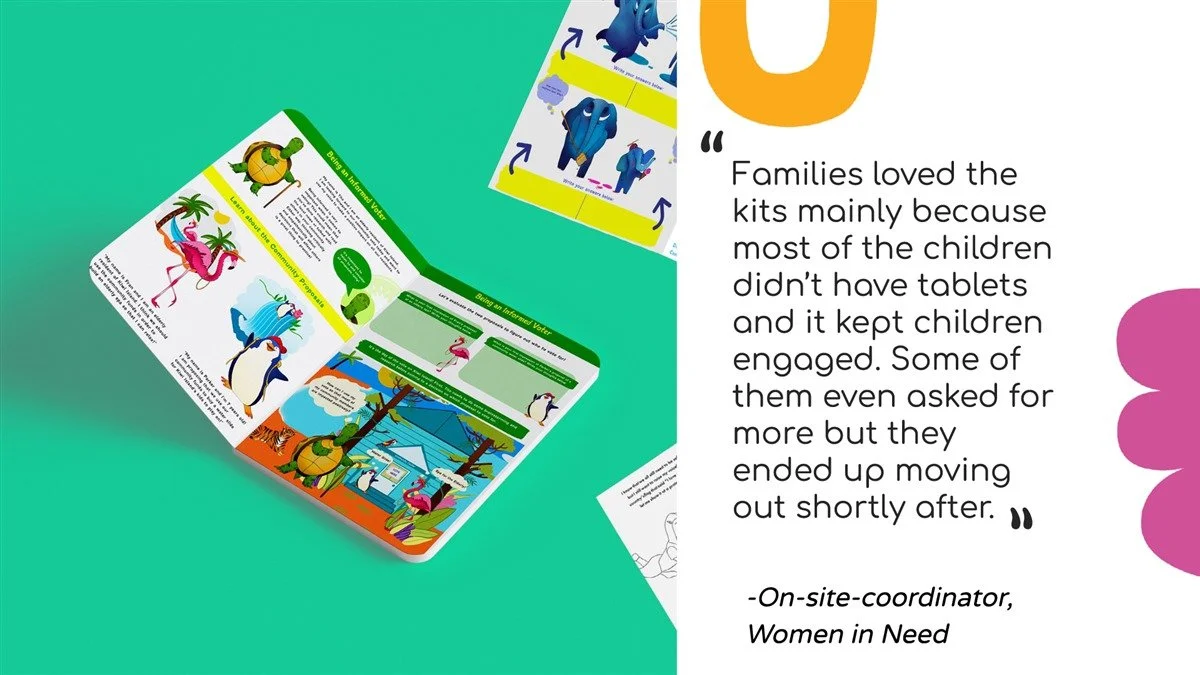Asked by Kids
Asked by Kids is a global hub of arts-based educational children’s resources that are free, bilingual (Spanish & English), and open source. Our goal is to make information more digestible for kids globally, by co-creating resources that are built from children’s own questions and ideas. Whether it be through a coloring book or interactive workshop, our work spans multiple focus areas, from Covid-19, democratic processes, participatory budgeting and supply chains to children’s rights, peaceful protesting, and mindfulness practices.
Focus Areas
Methodology
Our work is grounded in participatory design methodologies, as we believe that giving children a seat at the design table creates the most accessible resources for children. Within our own design practice, as illustrators and aspiring children's book authors, we have seen time and time again how children's resources are being built without any input from children.
We see this as a flawed design process as it excludes and devalues children’s knowledge.
Connecting with Diverse Stakeholders
We brought together varied perspectives and stakeholders in one collaborative space, from academia and non-profits to a homeless shelter representative, to discuss how best to reach children facing the digital divide and other social injustices.
After meeting with community members across New York City, Florida and Arizona, we were able to uncover what their needs were in the classroom and beyond. We led our focus group session asking what topics within the scope of social justice that students would benefit the most from learning about. We got a majority of responses asking for more help teaching and leading conversations around climate change, the government and racial justice. We did not limit focus group participants or provide any examples so we were able to truly understand what the needs of our community members were. These topics can often be the hardest to break down in a way that a young student can understand so by creating arts-based activities to foster and facilitate difficult conversations became high on our list of priorities.
Collaborations
Involving Students in
Democratic Processes
In partnership with the Center for the Future of Arizona, we have created resources aimed at involving children as young as elementary school-aged in the participatory budgeting process in their schools. To do so, we have created characters such as Tito the Turtle, who walks you through what it means to understand community proposal in his Kiwi Island, and how he ultimately decides to vote for the good of the community, over his personal good.
Building Empathy
As part of our partnership with the Center for the Future of Arizona (CFA) creating participatory budgeting resources for elementary-aged children, we created an empathy mapping tool called Ella the Empathy Elephant. Empathy mapping is a crucial beginning step in the participatory budgeting process while students work on writing project proposals. In order to make the idea of empathy mapping more accessible and kid-friendly we created a character named Ella the Empathy Elephant who walks students through this process while breaking down complex language, making it more understandable.
Understanding Supply Chains
How Jeans are Made, Narrated by Spooly is a coloring book explaining the supply chain of denim and the garment industry. Throughout the narration, Spooly, a spool of yarn breaks down the environmental impact of mass denim production while also shedding light on labor and workers rights. At the beginning of the journey Spooly shows how cotton is farmed then eventually turned into yarn that will be used to weave denim jeans together.
Explaining COVID-19
Asked by Kids: COVID-19 is an educational children’s coloring book (for children aged 5-10 yrs old) with an interactive narrative, providing important facts about the COVID-19 virus.
This coloring book comes from 14 interviews conducted with children quarantining in seven different countries in the world, such as Peru, Spain, Germany, and India. Asked by Kids: COVID-19 is set to be shared openly and freely to reach as many kids and families as possible. It is also being distributed by Artists Striving to End Poverty and Equity for Children.
The goal of this book is to better understand how children are experiencing the quarantine and what questions they might have about Covid-19.















